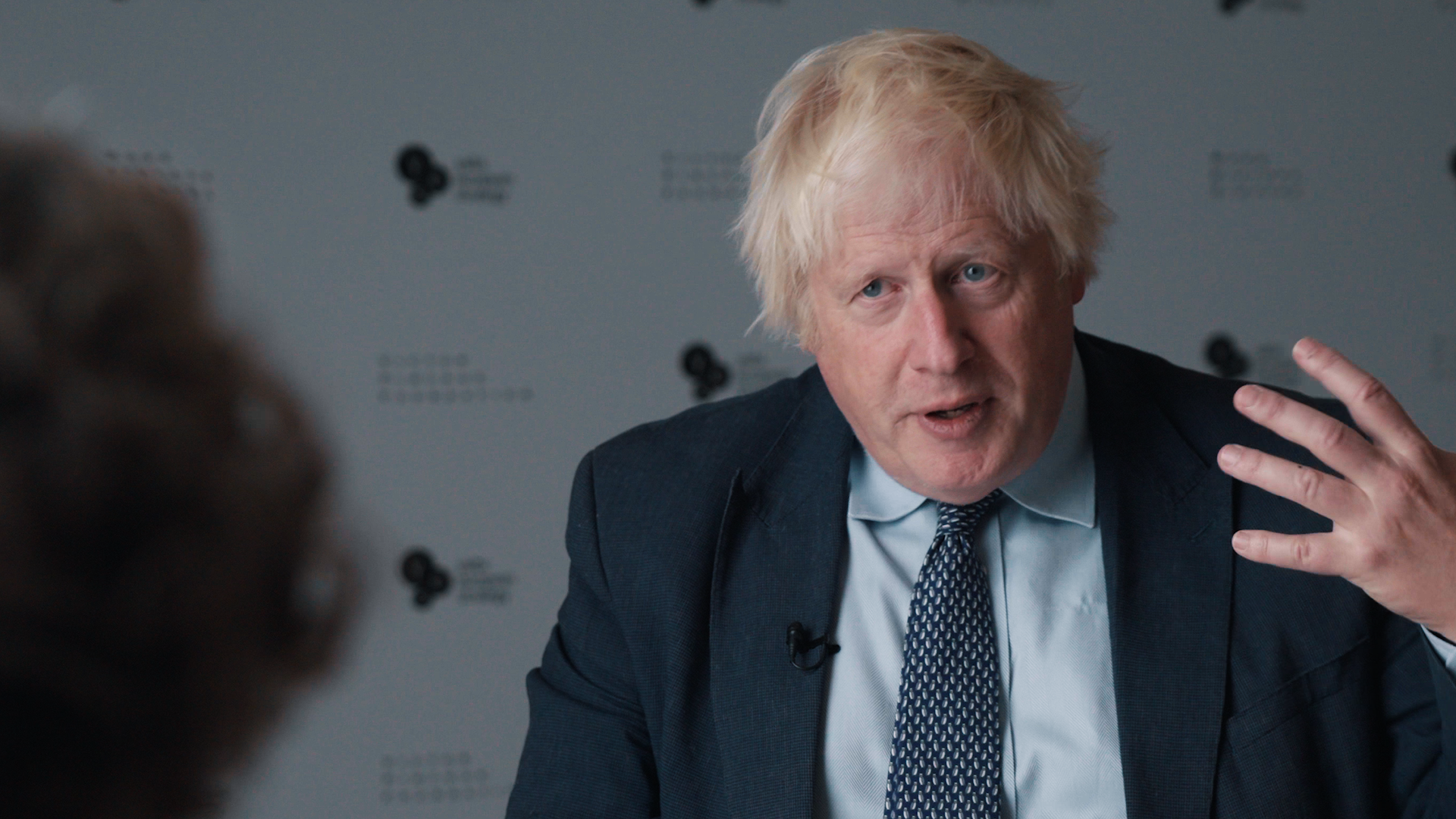EU to apply 'unique' approach to Ukraine's accession path as Hungary wields veto, official says

The European Union has agreed to apply a "unique" approach that will allow Ukraine and Moldova to move forward on their path to bloc membership while Hungary continues to veto their accession, Deputy Prime Minister for European Integration Taras Kachka said on Sept. 13.
Hungary, broadly seen as the most Kremlin-friendly nation in the EU and NATO, declared on Aug. 30 that it will not agree to open the first round of negotiations on Ukraine's accession to the EU. As an EU member, Hungary has veto power over further progress.
There is an agreement in place with the EU to maintain Kyiv's progress despite Budapest's veto, Kachka told reporters on the sidelines of the annual Yalta European Strategy meeting, where a Kyiv Independent journalist was present.
"The traditional EU policy is that you have to persuade such a member state, and until you persuade it, you are blocked. You can be blocked for two weeks, or you can be blocked for 10 years," he said.
This was the rule that applied to some Western Balkan states that faced similar opposition from member nations during their accession process, Kachka said. This approach also brings a halt to technical preparatory processes while the veto lasts.
"We have a unique situation: the member states and the European Commission say that in the case of Ukraine, there should be no stop... In particular, the member states should determine the so-called 'benchmarks' (conditions for opening clusters) without waiting for the Hungarians," he said.
"This is a truly unique story."
Kyiv and Brussels are continuing to collaborate on determining the benchmarks and preparation on a national program for the adaptation of EU laws and processes is underway, Kachka said.
This work cannot legally be completed, however, without the unanimous agreement of all member states. A formal vote will be held when Hungary changes its position, Kachka said. By that point, it's possible Ukraine will have met all the benchmarks currently being discussed.
The EU is exploring options for adopting certain decisions without Hungary's approval, according to Kachka.
"The vast majority, almost all EU member states and the European Union itself, are ready to open clusters, even if Hungary does not join this position," he said.
The process Kachka described bears similiarities to a proposal from Lithuania, who recently urged the EU to bypass Hungary's veto in Ukraine's accession talks. In a letter to EU capitals in late August, Lithuania proposed launching technical-level accession talks with Ukraine and Moldova without Hungary, provided the other 26 member states agree.
Ukraine applied for EU membership shortly after Russia launched its war in 2022 and was granted candidate status within months. Hungary has been vocal about its opposition, even launching a highly questionable national referendum to allegedly prove that Hungarians oppose Ukraine's EU accession.
Hungarian Foreign Minister Peter Szijjarto said on Aug. 30 that Ukraine's membership in the bloc "would destroy Hungarian farmers, Hungary's food security, and allow the Ukrainian mafia to enter Hungary."
Nearly all EU member states agreed in June that Ukraine is ready to open the Fundamentals cluster, but formal negotiations can only begin with the unanimous consent of all 27 member states.
EU foreign policy chief Kaja Kallas said in May that the bloc has "a plan B and a plan C" if Hungary continues to veto Ukraine's accession.












